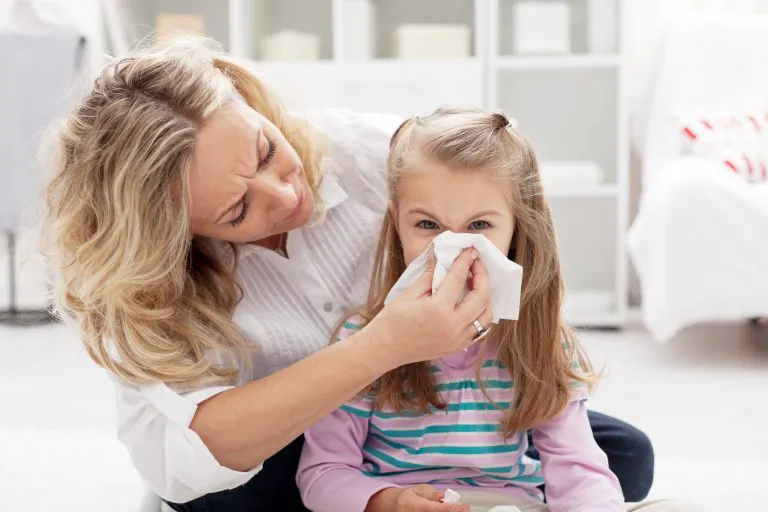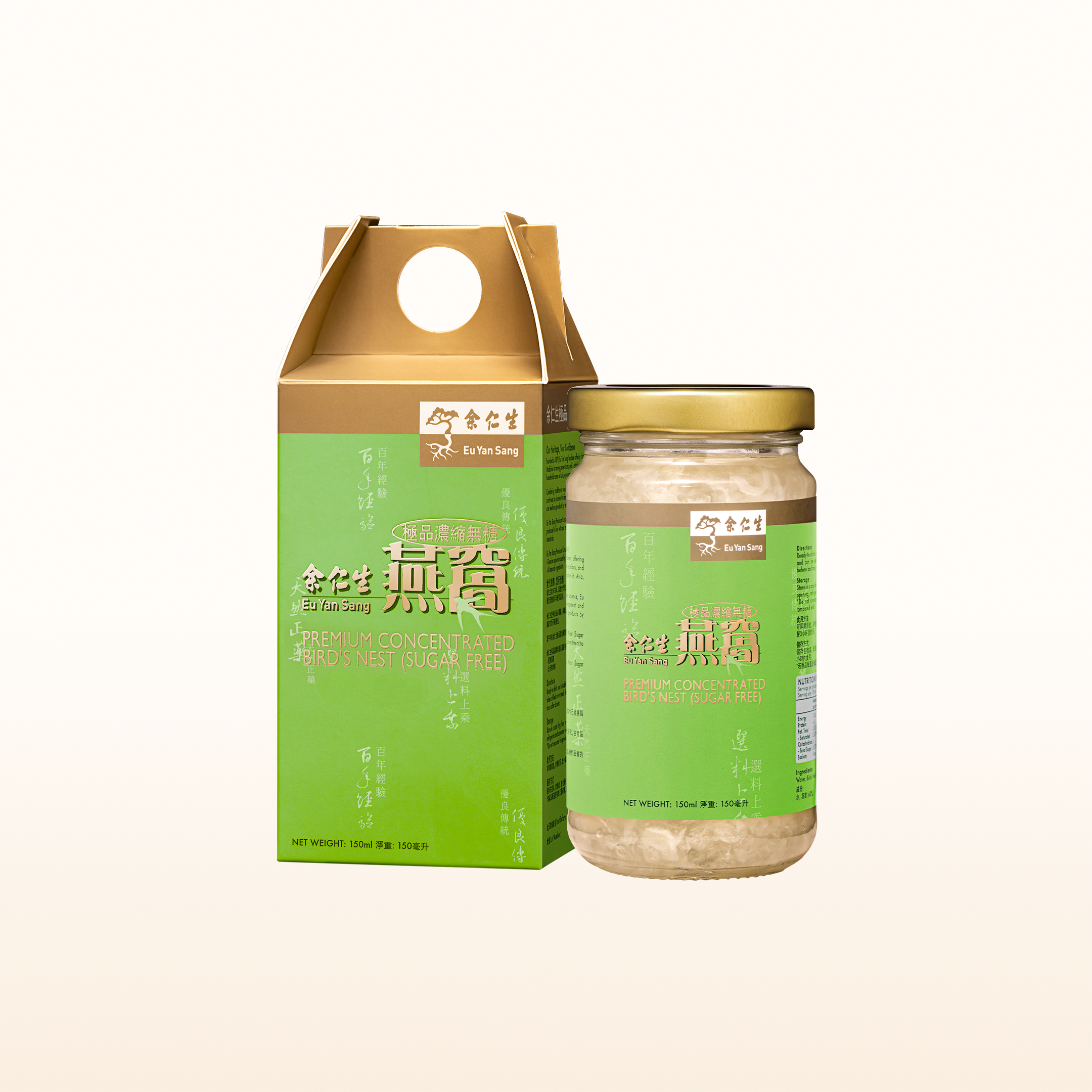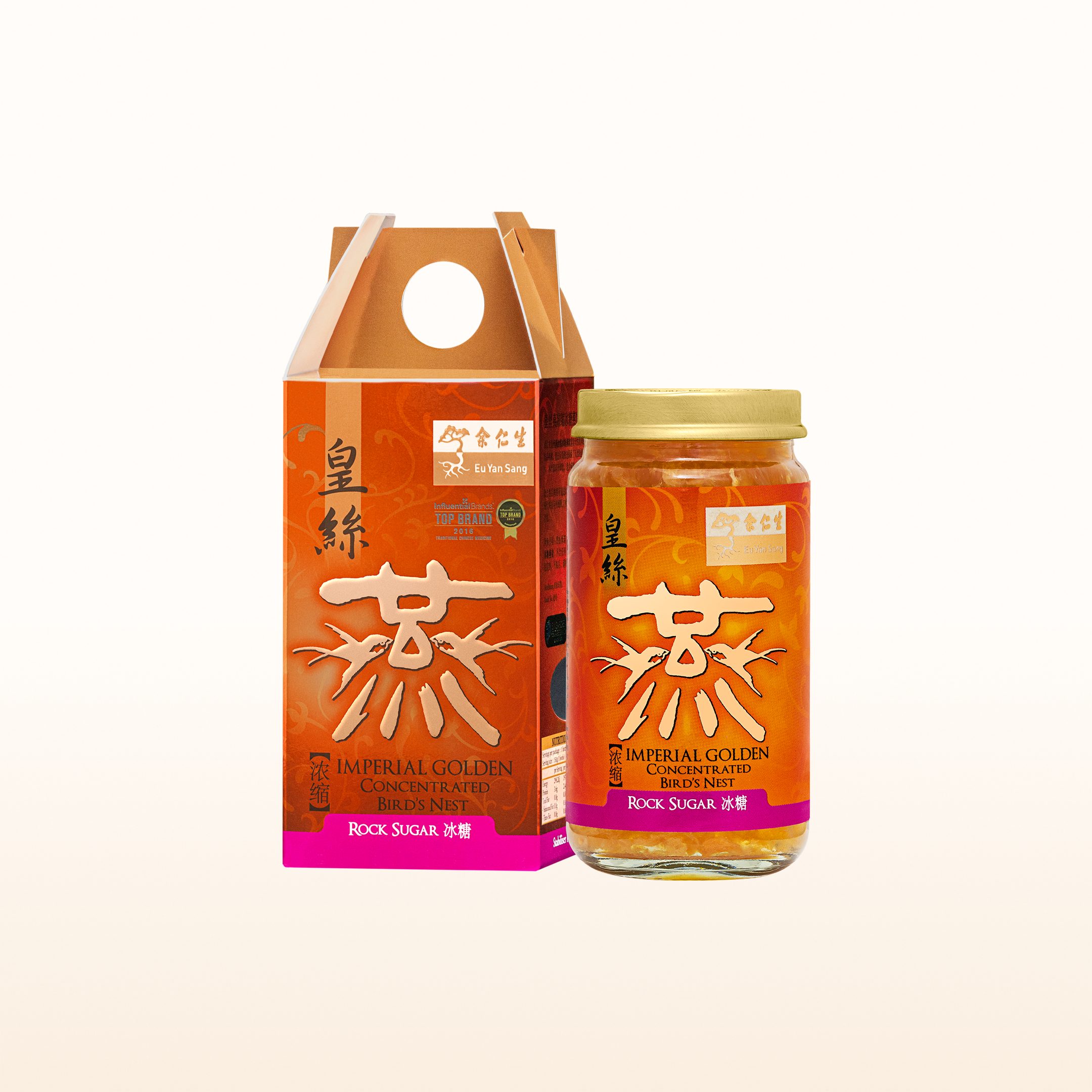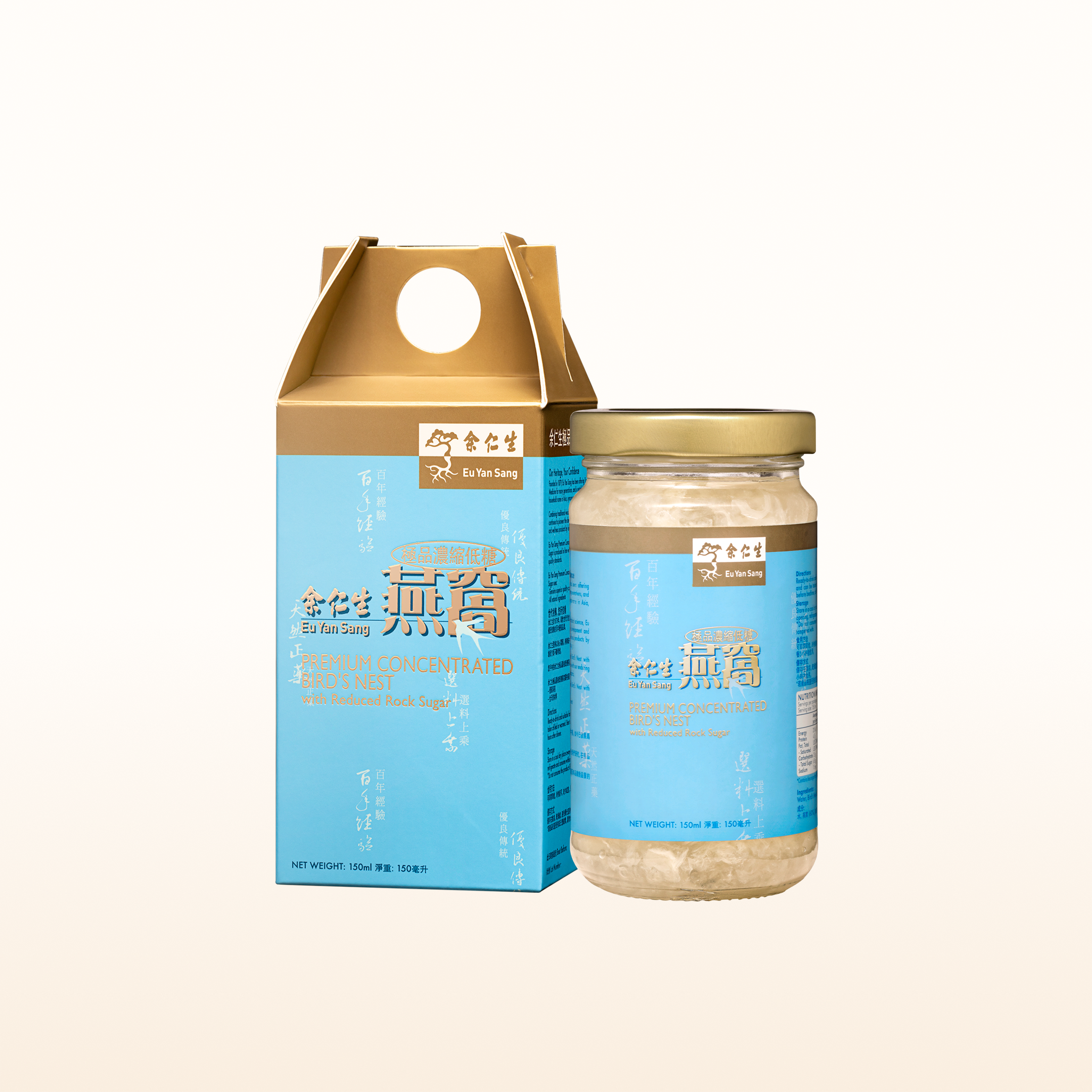Respiratory System
Top 7 Herbs To Support Your Child’s Respiratory System
Posted on 7 Nov 2022

Top 7 Herbs To Support Your Child’s Respiratory System
If you're not a fan of giving your child over-the-counter medications to support their respiratory system during cold and flu season, try these herbal remedies instead.
Your child’s respiratory system controls their breathing. It also protects them from substances that may cause them to cough or get sick.
During cold, flu, and allergy season, this part of your child’s body may need extra support to reduce phlegm, mucus, and congestion.
These Traditional Chinese Medicine (TCM) herbs can help keep your child’s respiratory system healthy so they can get back to being a kid again.
1. Echinacea
 Introducing your child to herbal teas and remedies can help support their respiratory system.
Introducing your child to herbal teas and remedies can help support their respiratory system.Apart from reducing swelling, this herb detoxifies the body and enhances blood circulation. It also improves immunity, eases the symptoms of a cold, and does away with Heatiness, bad breath, and recurring respiratory infections in children.
2. Cordyceps
“Traditionally, cordyceps is used to help asthmatic children regulate their constitution and maintain a healthy respiratory system,” explains TCM Physician Ho Li Ying.
Separately, cordyceps can
3. Chinese Yam
Chinese yams boost body constitution and nourish Lung Qi and Yin. It’s also good for promoting food movement and absorption whilst tonifying the Spleen and nourishing the Stomach.
Mild-natured, the Chinese yam is safe for consumption by children. As such, you may add it to a child’s porridge or soup to aid digestion and absorption of food.
This strengthens their constitution and helps prevent a cold or the flu. Also, its effect of nourishing Yin can help moisten the Lungs and mitigate coughing.
4. Bird’s Nest
Made with solidified swiftlet saliva secretions, bird’s nest is a prized delicacy amongst people across the world. Its popularity can be attributed to its effects in ameliorating the signs of fatigue, mental exhaustion, and physical weakness. It also assists in the recovery of frequent coughs or colds.
Meanwhile, physicians may recommend the use of bird’s nest to nourish Yin, replenish Qi, fortify the Spleen, invigorate the Stomach and moisturize the Lungs.
5. Loquat Leaves
Cough syrups concocted with TCM formulas typically contain loquat leaves. They have proven to be effective in easing coughs and eliminating sticky, yellow-colored phlegm.
Loquat leaves can also be used to regulate gastric function and improve loss of appetite. It’s also high in antioxidants to boost the immune system.
6. Elderberry
 Elderberry is a popular herbal supplement many American moms give their kids for immune health.
Elderberry is a popular herbal supplement many American moms give their kids for immune health.A fruit that has uses in Western medicine and TCM, elderberries help ease the detrimental effects of influenza.
A double-blind trial involving influenza B-positive adults and children showed that black elderberry syrup helped reduce symptom severity and duration without causing any adverse side effects.
Elderberry juice is used in TCM to suppress cold symptoms and speed up recovery. “It dispels Wind and Dampness, clears Heat, detoxs, promotes blood circulation, and strengthens Qi. It may also help relieve flu symptoms, such as fever and cold. It’s also suitable for children with a sensitive respiratory system and recurring respiratory system infections,” says physician Ho.
7. Licorice Root
Licorice root can support a number of respiratory system illnesses, such as cough and the common cold. It can also relieve inflammation and expel phlegm.
Because of this, the herb is often included in formulations that support asthma management or soothe a sore throat.
In TCM, the herb is combined with Atractylodes, ginseng, and Poria mushrooms as part of an ancient formula called a Four Gentlemen Decoction.
This formula is especially beneficial for children with poor digestion, loose stools, or a lack of energy. It replenishes their strength and helps to boost their immune system.
Multiple natural cough powder remedies can be incorporated into your child’s treatment plan. However, you must seek consultation with both a clinical and TCM physician before using specific herbs.
This is to ensure that the natural formulas are appropriate and will not trigger adverse side effects in your children.



